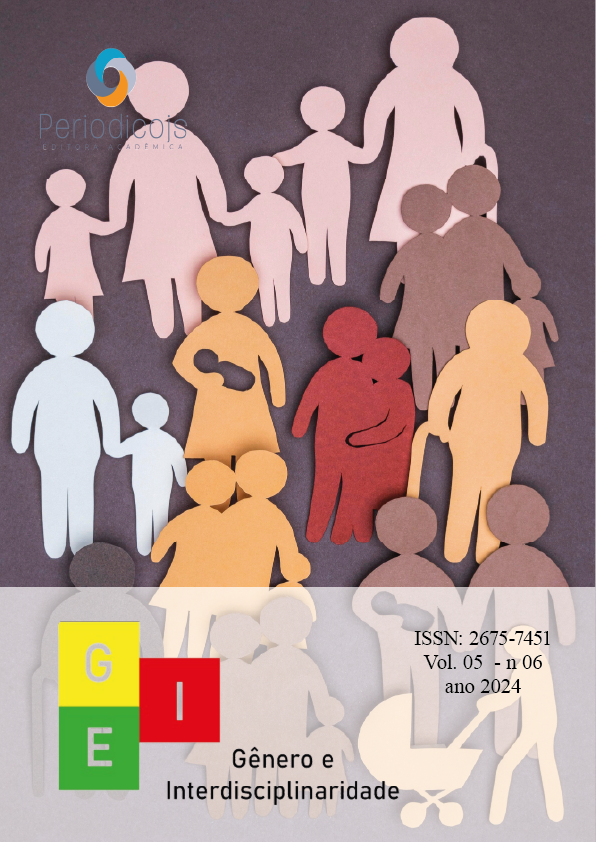Abstract
This article analyzes the relationship between education and social inequality, highlighting how socioeconomic disparities impact access, retention, and educational success. Considering the classroom as a reflection of broader social dynamics, the study examines how inequalities manifest in this environment and how teaching methods can contribute to either reproducing or mitigating these disparities. A literature analysis is conducted, based on the contributions of authors such as Bourdieu (1998), Freire (1996), Saviani (2013), Santana (2010), and Skliar (2014). The research identifies that inclusive teaching practices, involving active student participation, are essential for reducing educational inequalities. By adopting methods that recognize the diverse needs of students, these practices have the potential to transform the classroom into an equitable space. The analysis suggests that overcoming social inequalities in education requires adopting a pedagogical approach that values diversity and promotes inclusion, as well as empowering educators to address the specific needs of each student. The study also emphasizes the crucial role of public policies in promoting inclusive education and equitable access to quality education. Well-implemented policies can have a significant impact on creating conditions for all students, regardless of their socioeconomic background, to have equal learning opportunities. The research highlights the importance of ensuring that educational policies are truly effective, with proper allocation of resources and support for teacher training. Finally, the article concludes that inclusive education cannot be achieved without collaborative efforts from different societal agents, including governments, schools, families, and the community. The implementation of public policies focused on equity, combined with pedagogical practices that respect and value differences, is essential for promoting a more just and accessible education. Continuous research is also recommended to assess the impact of these practices and policies, with the goal of strengthening strategies that combat social inequalities in the educational system.
References
BOURDIEU, P. A reprodução: elementos para uma teoria do sistema de ensino. São Paulo: Editora UNESP, 1998.
FREIRE, P. Pedagogia da autonomia: saberes necessários à prática educativa. São Paulo: Editora Cortez, 1996.
SANTANA, M. de S. A educação inclusiva na perspectiva da educação especial. In: SANTANA, M. de S.; DINIZ, C. B. (Orgs.). Educação e diversidade: temas em debate. Rio de Janeiro: Editora WAK, 2010. p. 87-104.
SAVIANI, D. Pedagogia histórico-crítica: primeiras aproximações. São Paulo: Editora Autores Associados, 2013.
SKLIAR, C. A educação inclusiva: um projeto para a diversidade. São Paulo: Editora Cortez, 2014.





